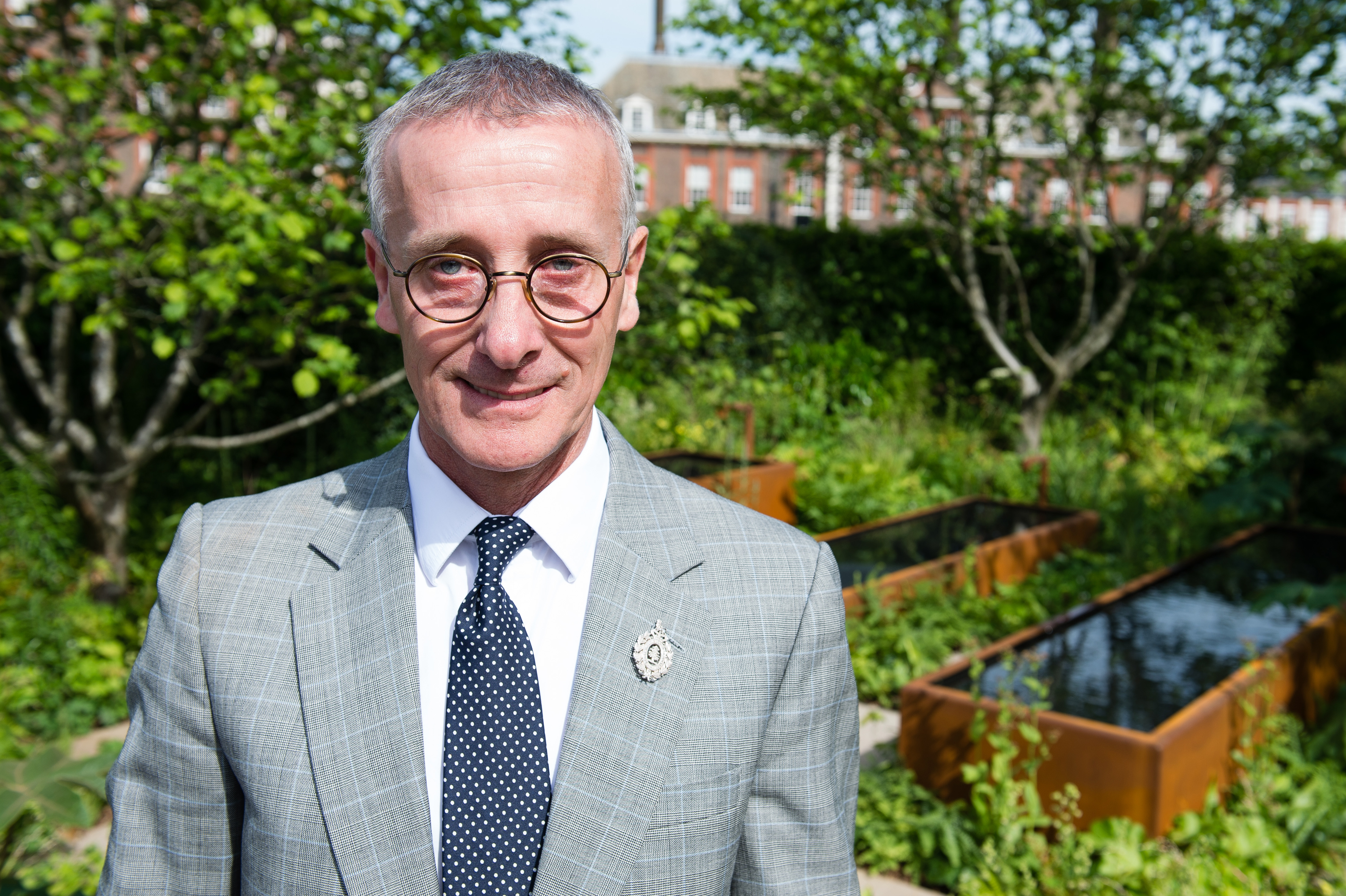'Too often, succession can be a battleground': What to expect when you're expecting (to inherit a country estate)
New research by Historic Houses and Saffery sheds light on the politics and pitfalls of succession and how the attitudes of heirs and estate owners are shifting.


In order to succeed at succession, there needs to be a solid plan in place, yet 42% of estate owners in the UK don’t have one, finds a new report by Historic Houses (HH) and chartered accountants and business advisors Saffery. Mitigating the perils of inheritance tax (IHT) is top priority for 56% of estate owners, with other goals being the preservation of assets, long-term viability and the avoidance of family disputes.
In our new ‘inheritocracy’ of a society, the issue of how we hand over assets feels bigger than ever before. ‘Globally, about $100 trillion is set to be passed down to millennial and Gen X heirs over the next two decades, in what has been dubbed the greatest transfer of wealth in history,’ claims the report. Within the UK, historic houses drive more than £1 billion in annual economic value, per HH.
Over two months, 140 respondents representing estates of farmland, residential and historic buildings with a combined value of more than £1 billion and almost 250,000 acres of land (ranging from plots of 100 acres to 15,000) were consulted. Some were clients or contacts, others were HH members and heirs apparent or estate owners — 52% of these had inherited their property, 31% purchased and, for 15%, it was held in trust. The survey follows on from Saffery and HH’s landmark succession report of 2005. Since then, societal views have changed.
'There is a real interest not only in keeping estates intact, but exploring new ways to keep them viable and value-creating for the long term'
The lure of absolute primogeniture is waning, with only 3% claiming that their chosen heir should not have a choice in whether or not they inherit; the majority feel that, if there is no willing heir, the estate should be sold within the current owner’s lifetime (33%) or put into a trust that could manage things (45%). Almost 20 years ago, 62% prioritised the estate staying within the family; this has decreased to 53%. Interestingly, 32% of estate owners would like a handover period of more than five years, but 92% of heirs prefer less than five years.
For all their opinions, the 42% of owners who do not have a succession plan in place make the future uncertain for some £300 million in estate value; 31% are also unaware of Conditional Exemption from IHT. However, across the board, ‘there is a real interest not only in keeping estates intact, but exploring new ways to keep them viable and value-creating for the long term — including diversification into renewables and biodiversity,’ says Saffery partner David Chismon.
‘Too often, succession can be a battleground… [yet] All generations can see that the future of historic estates depends upon diversification,’ adds Ben Cowell, HH director general. That said, heirs are far more ready than current incumbents to branch into housing development, perhaps swayed by their most frequently cited concern — cashflow.

Philip Sidney, heir to the 2,500-acre Penshurst Place estate in Kent, son of Viscount De L’Isle and chair of the Historic Houses Next Generation Committee, believes the lack of planning for succession is ‘worrying, but perhaps not surprising. From what I’ve seen, a lot of the next gens are raring to go… but it’s natural for the predecessors to not want to “let go” just yet’.
Sign up for the Country Life Newsletter
Exquisite houses, the beauty of Nature, and how to get the most from your life, straight to your inbox.
This is especially true as there will always be points of contention. ‘I’m probably more interested in what others are doing and more open to change than my father,’ he says. ‘But that’s because the next generation is always going to want to put their stamp on things and our predecessors come from a place of experience and will have already done their innovating.’
Dr Sidney recommends potential heirs open up a dialogue on the subject as early as possible and have flexible expectations, even if this is not always easy. ‘There are big corporate players who are too scared to walk down the corridor and ask the CEO when they’re thinking of leaving. It’s even harder when they’re your parents.’
He continues: ‘I’ve sat on the Penshurst estate’s Board of Management since I was 18, so I’ve had insight of the inner workings and various legal aspects in place for my family’s succession plan for a while… [which is] evolving, unfolding and developing over time.’ He says he hopes to pass on the running of things to his own successor when he reaches his late sixties, seeing 2052, the 500th anniversary of the Sidneys’ residence at Penshurst, and 2054, the 500th birthday of his ancestor Sir Philip Sidney, as end goals.
Dr Sidney also stresses the importance of spending time away from the estate, because, although the balance is not always easy, ‘you’ll need knowledge of the outside world, as well as knowledge of the estate itself’.

Transport for London threatens the United States with court over unpaid congestion charge fines, but it seems likely our closest ally will never pay
The latest figures show that TfL is owed more than £143 million by foreign embassies and diplomats, and it is

'Nothing wrong with a bit of furore': An insider's guide to judging the Chelsea Flower Show, by RHS senior judge James Alexander-Sinclair
James Alexander-Sinclair comes to the Country Life podcast to talk about his career in gardening, and his two decades spent
RHS Chelsea Flower Show 2024: See all the gold medallists
We take a look at all the gold medallists from the 2024 RHS Chelsea Flower Show. All photographs by Andrew
Annunciata grew up in the wilds of Lancashire and now lives in Hampshire with a husband, two daughters and an awful pug called Parsley. She’s been floating round the Country Life office for more than a decade, her work winning the Property Magazine of the Year Award in 2022 (Property Press Awards). Before that, she had a two-year stint writing ‘all kinds of fiction’ for The Sunday Times Travel Magazine, worked in internal comms for Country Life’s publisher (which has had many names in recent years but was then called IPC Media), and spent another year researching for a historical biographer, whose then primary focus was Graham Greene and John Henry Newman and whose filing system was a collection of wardrobes and chests of drawers filled with torn scraps of paper. During this time, she regularly gave tours of 17th-century Milton Manor, Oxfordshire, which may or may not have been designed by Inigo Jones, and co-founded a literary, art and music festival, at which Johnny Flynn headlined. When not writing and editing for Country Life, Annunciata is also a director of TIN MAN ART, a contemporary art gallery founded in 2021 by her husband, James Elwes.
-
 Six rural properties with space, charm and endless views, as seen in Country Life
Six rural properties with space, charm and endless views, as seen in Country LifeWe take a look at some of the best houses to come to the market via Country Life in the past week.
By Toby Keel
-
 Exploring the countryside is essential for our wellbeing, but Right to Roam is going backwards
Exploring the countryside is essential for our wellbeing, but Right to Roam is going backwardsCampaigners in England often point to Scotland as an example of how brilliantly Right to Roam works, but it's not all it's cracked up to be, says Patrick Galbraith.
By Patrick Galbraith